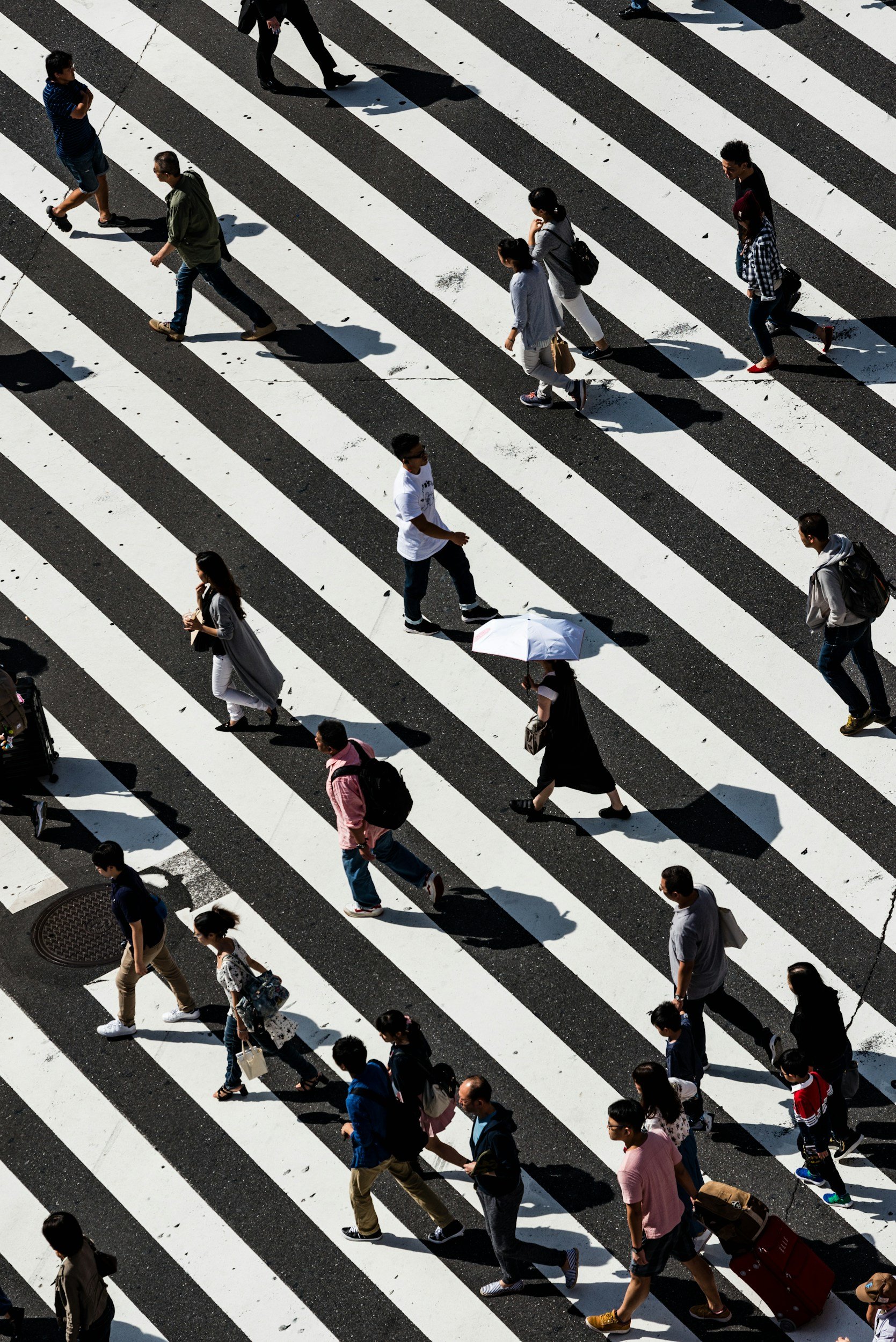
Welcome to AZHJ: Bridging Urbanism, Design, and Research for Spatial Justice
AZHJ is a leading research and design hub dedicated to urbanism, spatial justice, and sustainable development.
We operate at the intersection of research, policy, and practice to address urban inequalities, foster inclusive cities, and support sustainable transformations in the built environment. Through collaborative and evidence-based approaches, we work to create equitable, resilient, and thriving spaces for communities worldwide.

Our Vision: Create Authentic Spaces & Empower Cities to Reduce Inequalities through Research & Design
At AZHJ, we are a fusion of thinkers, doers, artists, and researchers, each contributing our unique expertise to catalyse change. We craft comprehensive strategies that redefine urban living by blending urban planning, sociology, design, research, visual arts, and a commitment to the Sustainable Development Goals (SDGs). Our interdisciplinary approach empowers us to deliver recommendations that speak to the heart of complex urban challenges.

Our Mission: We develop knowledge and capacity for creating equitable, sustainable, and inclusive urban environments.
Collaboration is the cornerstone of our approach. We collaborate with national and local governments, international non-governmental organisations (INGOs), and entities that share our vision for positive urban transformation. Together, we engage in interdisciplinary urban research and evidence-based practices that transcend boundaries, creating solutions that have a lasting impact on communities.
